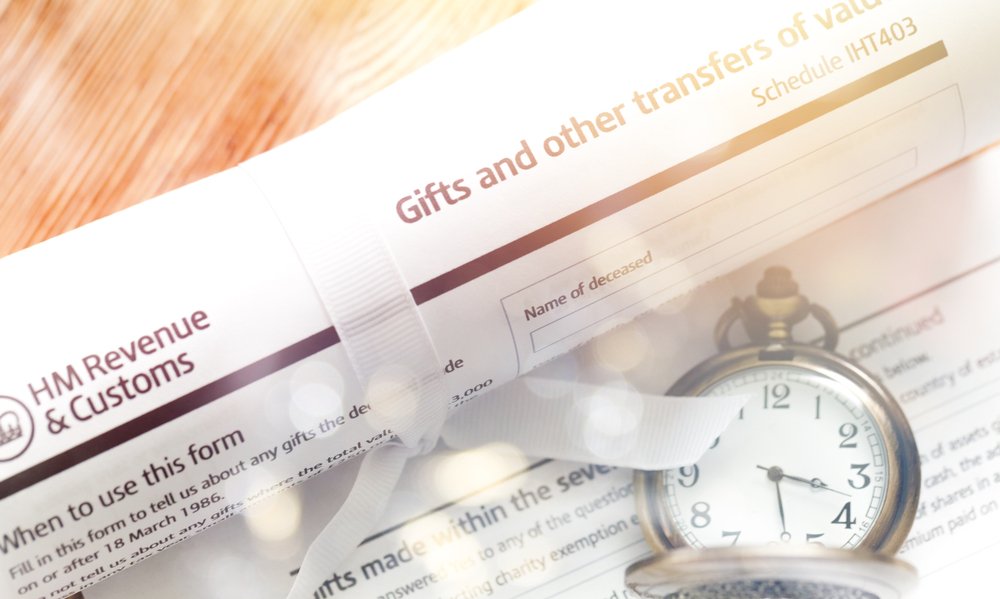
What is Inheritance Tax?
Inheritance Tax is levied on the estate of a deceased person, encompassing their property, money, and possessions. Understanding the nuances of IHT can help you effectively plan your estate and minimize tax liabilities for your heirs.
Inheritance Tax (IHT) is a tax on the estate (property, money, and possessions) of someone who has passed away. It is a key consideration in estate planning and can significantly impact the inheritance received by beneficiaries. In the UK, the rules governing IHT can be complex, and understanding them is crucial for effective financial planning.
Understanding Inheritance Tax
Inheritance Tax is levied on the estate of a deceased person. The estate includes all assets, such as property, money, investments, and possessions. The tax is charged on the value of the estate above a certain threshold, known as the nil-rate band.
Nil-Rate Band
The standard nil-rate band is £325,000. This means that the first £325,000 of an individual's estate is not subject to IHT. Anything above this threshold is taxed at 40%.
Residence Nil-Rate Band
In addition to the standard nil-rate band, there is an additional residence nil-rate band (RNRB) if you pass on your home to your children or grandchildren. As of the 2024/2025 tax year, the RNRB is £175,000. This can increase the total tax-free threshold to £500,000 for individuals and £1 million for married couples or civil partners.
How Inheritance Tax is Calculated
Calculate the Value of the Estate: Add up the value of all assets, including property, investments, savings, and personal belongings.
Deduct Debts and Liabilities: Subtract any debts, such as mortgages, loans, and funeral expenses.
Apply the Nil-Rate Band: Deduct the nil-rate band from the estate’s value.
Calculate the Tax: Apply the 40% tax rate to the remaining value of the estate.
Exemptions and Reliefs
Certain gifts and transfers are exempt from IHT, which can help reduce the tax liability.
Spouse or Civil Partner Exemption
Transfers of assets between spouses or civil partners are exempt from IHT, regardless of the amount.
Annual Exemption
You can give away £3,000 worth of gifts each tax year without them being added to the value of your estate.
Small Gifts Exemption
You can give as many gifts of up to £250 per person as you want each tax year, provided you haven't used another exemption on the same person.
Wedding and Civil Partnership Gifts
Gifts given on the occasion of a wedding or civil partnership are exempt up to a certain amount.
Charitable Donations
Donations to registered charities are exempt from IHT. If you leave 10% or more of your estate to charity, the IHT rate on the rest of the estate can be reduced to 36%.
Potential Reliefs
Business Relief
If you own a business or shares in a business, you may be able to claim Business Relief, which can reduce the value of the business property for IHT purposes by 50% or 100%.
Agricultural Relief
Agricultural property can qualify for Agricultural Relief, which can also reduce its value for IHT purposes.
Gifts and Inheritance Tax
Gifts can be a useful way to reduce the value of your estate, but they must be made within certain rules to avoid IHT.
Potentially Exempt Transfers
Gifts made more than seven years before your death are usually exempt from IHT. These are known as Potentially Exempt Transfers (PETs).
Taper Relief
If you die within seven years of making a gift, taper relief may reduce the amount of IHT payable on the gift, depending on how many years have passed since the gift was made.
Paying Inheritance Tax
Inheritance Tax is usually paid from the estate by the executor of the will. It must be paid within six months of the end of the month in which the person died. If the tax is not paid on time, HMRC charges interest on the amount due.
Payment Options
Direct from the estate: The executor can use funds from the estate to pay the IHT bill.
Direct from beneficiaries: Beneficiaries can pay the IHT on the assets they inherit.
Payment in instalments: IHT on certain assets, like property, can be paid in instalments over ten years, though interest will be charged.
How to Reduce Inheritance Tax
Effective estate planning can help reduce the amount of IHT payable.
Make Use of Allowances and Exemptions
Ensure that you take full advantage of all available allowances and exemptions.
Use Trusts
Trusts can be a useful way to manage your estate and reduce IHT. However, they can be complex and may have their own tax implications.
Regularly Review Your Will
Keep your will up to date to reflect any changes in your circumstances or the law.
Conclusion
Inheritance Tax is a significant consideration for anyone looking to manage their estate and ensure that their assets are passed on according to their wishes. Understanding the rules and taking advantage of exemptions and reliefs can help reduce the tax burden on your estate. It is advisable to seek professional advice to navigate the complexities of IHT and to develop an effective estate planning strategy.
Other Articles
What is the Inheritance Tax Threshold?

Need to Report an Inherited Estate to HMRC ?
Our team of tax specialists are here to help you every step of the way, from registering for self assessment to submitting your tax return. We offer fixed priced accountancy services and handle all of your self assessment filing responsibilities leaving you stress free and up to date.
Whether you have income acting as a sole trader or need to declare an inheritance, give us a call today for a free non obligated consultation to see how we can assist you.
